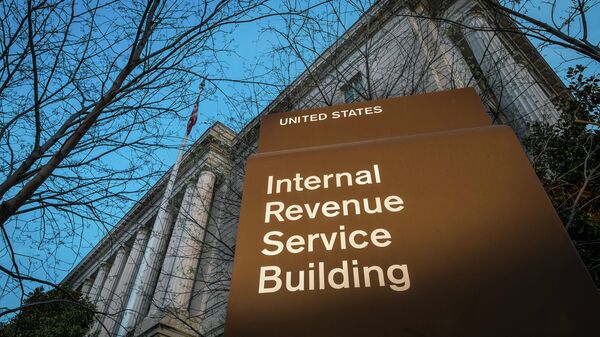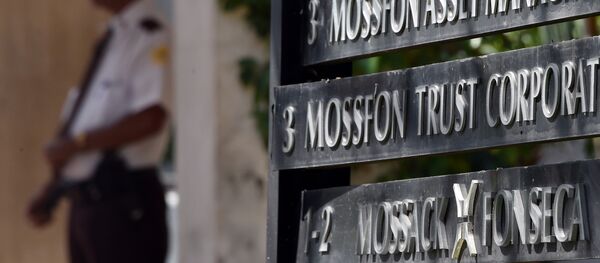One such rule would require banks to identify the beneficial owners of new customers that are companies.
"In addition, we are about to propose a regulation that would require the beneficial owners of single-member limited liability companies to identify themselves to the Internal Revenue Service, thus closing a loophole that some have been able to exploit," Lew said.
Representatives from the Group of the 20 major economies say they will penalize countries that don’t cooperate with information-sharing efforts and rules to minimize tax errors between countries, according to Reuters.
"Defensive measures will be considered by G20 members against non-cooperative jurisdictions," the G20 said in a statement.
G20 demanded criteria by July to name non-cooperative jurisdictions.
New rules regulating US shell companies will progress upon earlier attempts by the Treasury to limit corporate “inversion” deals in which US-based companies buy foreign rivals to move their tax jurisdictions off shore.
That rule destroyed a $160 billion merger between US-based pharmaceutical maker Pfizer Inc. and Dublin-based Allergan Plc, according to Reuters. The deal would have combined company headquarters in Ireland, where corporate tax rates are 12.5 percent. In the US, which has the world’s most aggressive corporate tax rate, the number stands at 35 percent.
"Tax evasion and tax avoidance hurt government budgets, reduce the equity of our tax systems and hinder global growth," Lew said.




